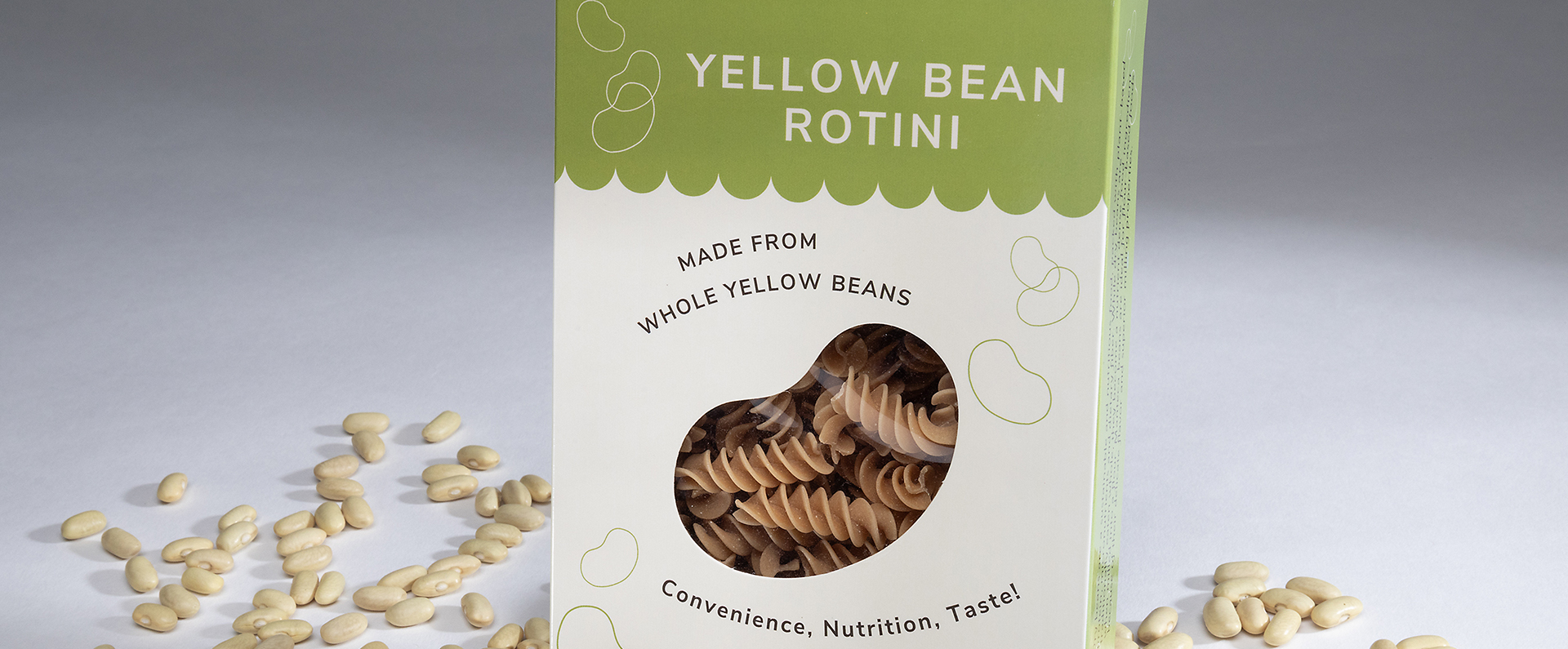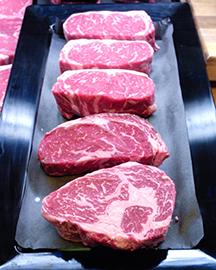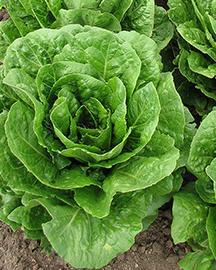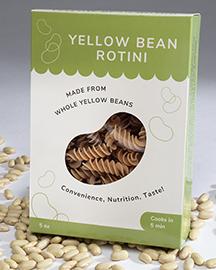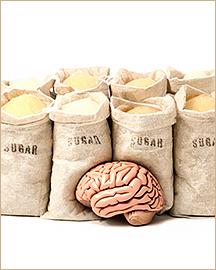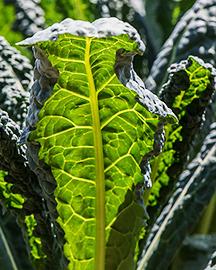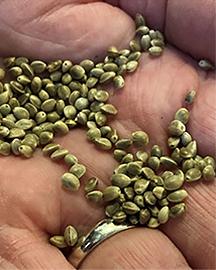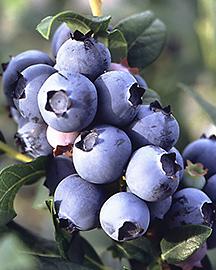ARS Develops Beans That Help Prevent Iron Deficiency
Iron deficiency is one of the leading nutritional deficiencies worldwide, affecting a third of the global population. In the United States, 40% of females ages 12-21 could be iron deficient, up from previous estimates of about 16%. Beans naturally have high levels of iron, but they also contain a class of compounds known as polyphenols that can either inhibit or promote iron absorption from the bean and foods consumed with beans.
As part of efforts to improve consumer acceptability and nutritional attributes of dry beans, ARS scientists in Ithaca, NY, and East Lansing, MI, have developed yellow bean varieties that contain high levels of the promoting (good) polyphenols and low levels of inhibitory (bad) polyphenols – the result being that the new beans contain more absorbable iron. In addition to helping alleviate iron deficiency, these beans cook faster and have superior milling properties for processing into pasta and other food products.
Related Information
Publication: The Fast Cooking and Enhanced Iron Bioavailability Properties of the Manteca Yellow Bean (Phaseolus vulgaris L.)


